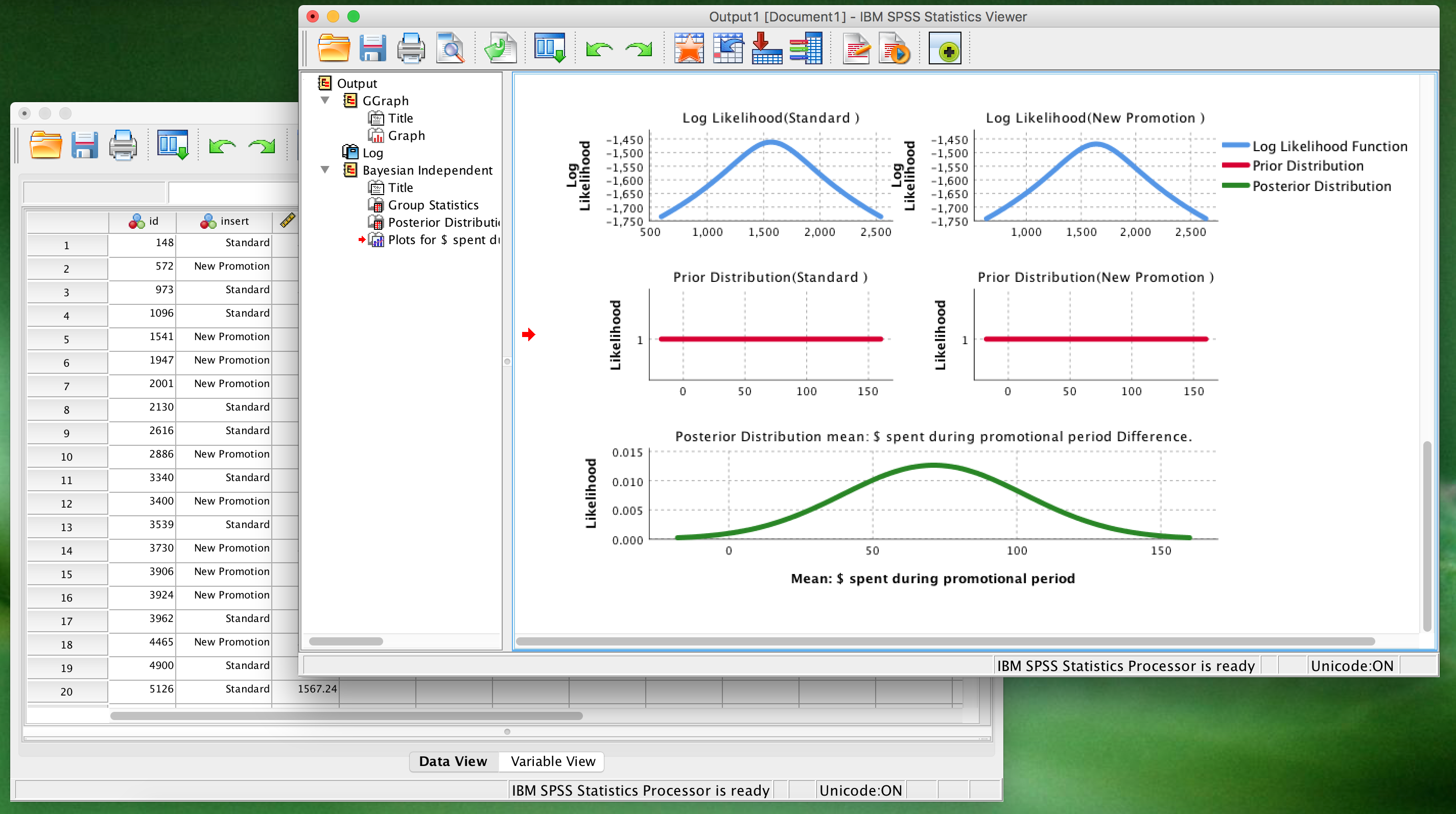
Various parameters have been proposed to predict the outcome of patients with coronavirus disease-2019 (COVID-19). 7, 8 Developing prognostic parameters to accurately predict the prognosis of COVID-19 is important for clinical management of patients. 6 Abnormal liver function test findings have also been reported.

5 Neutrophilia and lymphopenia are the most common laboratory parameters in these patients. 4 Routine blood tests requested for COVID-19 patients include complete blood count (CBC), coagulation cascade (including PT, aPTT, and D-dimers) parameters and inflammation-related parameters such as CRP, ferritin, and procalcitonin. 3 Laboratory parameters are important for both diagnosis and prediction of prognosis in COVID-19 patients. 2 Patients with these severe conditions often have comorbid diseases, such as hypertension (HT), diabetes mellitus (DM) and heart diseases. The clinical spectrum of SARS-CoV-2 infection ranges from asymptomatic infection to severe pneumonia requiring admission to the intensive care unit (ICU). Since then, it has been one of the causes of increased mortality. 1 In Turkey, the first case of COVID-19 was detected on March 11, 2020. Since 2020 March, which was accepted as a pandemic by the World Health Organization the coronavirus disease 2019 (COVID-19) pandemic has changed our lifestyle dramatically. Keywords: CCI score, laboratory parameters, mortality, COVID 19

A multivariate logistic regression analysis indicated that anaemia, elevated CRP (> 10– 20 × upper limit), procalcitonin (> 5– 10 × upper limit), ALT, AST levels and higher CCI score were independent risk factors for mortality in COVID-19 patients.Ĭonclusion: Anaemia, elevated CRP, procalcitonin levels, ALT, AST levels and higher CCI score were found independent risk factors for mortality in COVID-19 patients. There was no significant correlation between ferritin, sedimentation, CRP levels and CCI score.

Low albumin and lymphocyte levels were correlated with the CCI score. CCI score and neutrophil, creatinine, ALT, AST, d-dimer and procalcitonin elevations were correlated. D-dimer and procalcitonin levels are significantly higher in nonsurvival group. CCI score, AST, LDH, CK, Ferritin, CRP are significantly higher and albumin, lymphocyte levels are significantly lower in nonsurvival group. The biochemical parameters was compared in survival and nonsurvival group. Age, male sex, ischemic heart disease (CHD), chronic kidney disease and active malignancy was statistically higher in non-survivor group. Mean age was 74.3± 7.3 years in survival group and 76.7± 8.0 in nonsurvival group. Results: 68 patients died and 443 patients survived. Hemoglobin, platelet, sedimentation, creatinine, AST, ALT, LDH, CK, albumin, ferritin, lymphocyte, neutrophil, CRP (1– 5 5– 10 10– 20 × upper limit), procalcitonin (5– 10 10– 20 > 20 × upper limit), D Dimer (> 2 × upper limit), age, gender, chronic diseases and CCI scores were compared between the two groups. The clinical characteristics of the patients were compared between survival and non-survival COVID-19 inpatients. Only swab or serological tests positive patients were included. Patients and methods: A total of 511 patients were included in the study. The aim of this study was to evaluate the utility of the age-adjusted CCI score and biochemical parameters for predicting outcomes for COVID-19 patients on admission.

Purpose: Various parameters have been proposed to predict the outcome of patients with coronavirus disease. Betül Cavuşoğlu Türker, 1 Fatih Türker, 2 Süleyman Ahbab, 2 Emre Hoca, 2 Ayşe Oznur Urvasızoğlu, 2 Seher Irem Cetin, 2 Hayriye Esra Ataoğlu 2ġUniversity of Health Sciences, Taksim Health Training and Research Hospital, Internal Medicine Clinic, İstanbul, Turkey 2University of Health Sciences, Haseki Health Training and Research Hospital, Internal Medicine Clinic, İstanbul, TurkeyĬorrespondence: Fatih Türker, University of Health Sciences, Haseki Health Training and Research Hospital, Internal Medicine Clinic, Aksaray, Dr.


 0 kommentar(er)
0 kommentar(er)
